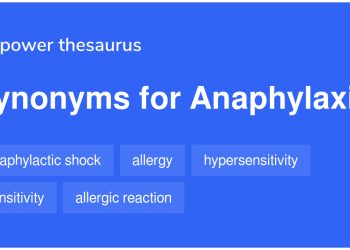Complications and Recovery from Deafblindness
Complications and recovery from deafblindness vary depending on the underlying cause, age of onset, and the level of support available. Since deafblindness is a permanent and progressive condition in many cases, the concept of recovery focuses on adaptation, coping strategies, and maintaining independence rather than reversing the impairment.
Communication Barriers
One of the biggest complications is restricted communication:
Limited access to spoken and written language can delay development in children
Adults may face misunderstandings in social or work settings, leading to frustration and withdrawal
Miscommunication can also result in safety risks, such as missing alarms or failing to receive medical instructions
Overcoming this barrier requires early and consistent use of alternative communication strategies and trained support workers.
Social Isolation
Individuals with deafblindness are at high risk of loneliness, depression, and anxiety
Limited ability to participate in social activities can diminish quality of life
Stigma or lack of awareness among the public may further isolate individuals
Social inclusion programmes and peer support networks are vital to maintaining emotional health.
Loss of Independence
Mobility challenges and difficulty performing daily tasks often result in over-reliance on carers
Adults may struggle with employment, transportation, and personal care
Children with deafblindness may need extensive support to reach educational milestones
Teaching life skills and using adaptive tools can help restore autonomy.
Educational and Developmental Delays
Children with congenital deafblindness often experience delays in learning, speech, and motor development
Without early intervention, these gaps can widen, impacting long-term cognitive outcomes
Integrated support from therapists, teachers, and families can help maximise potential.
Access to Healthcare
Communication issues can lead to missed medical appointments, misinterpretation of symptoms, or reduced access to information about health
This can worsen existing conditions or delay diagnosis and treatment of unrelated health problems
Healthcare systems must adapt with interpreters, visual aids, and tailored support plans.
Recovery as Adaptation | Complications and Recovery from Deafblindness
“Recovery” in deafblindness is better viewed as personal adaptation and growth
Individuals often develop enhanced tactile memory, spatial awareness, and alternative communication methods
With the right tools and emotional support, many lead fulfilling, independent lives
In conclusion, complications and recovery from deafblindness revolve around addressing social, emotional, and functional limitations. While the condition is lifelong, timely intervention, accessibility, and community inclusion can significantly improve life outcomes.


